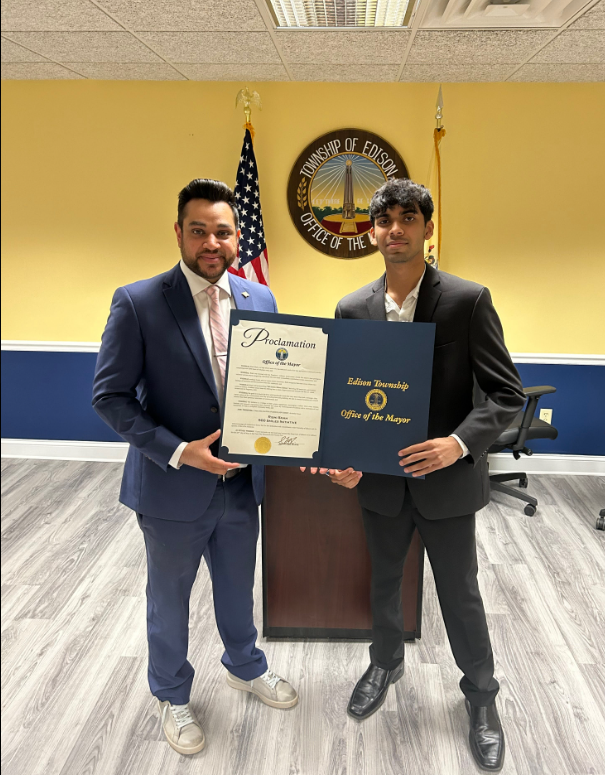New Jersey has become the next state to adopt a new rule to combat climate change: Advanced Clean Cars II.
The question is will it help New Jersey fight state-wide pollution—or only hurt us?
Under the Department of Environmental Protection’s rule, manufacturers must ensure 43% of new light-duty vehicles they make in 2027 are electric. Each year, the percentage will rise until it reaches 100% in 2035.
Governor Murphy and his administration believe this new regulation will play a key role in fighting climate change. In New Jersey, vehicle emissions alone make up 37% of emissions—making it the largest source in the state.
“The steps we take today to lower emissions will improve air quality and mitigate climate impacts for generations to come, all while increasing access to cleaner car choices,” Gov. Murphy said in a statement.
While Gov. Murphy believes this new rule is a “commitment to every New Jersey family and the air they breathe,” many across the state are in disagreement.
Ray Cantor of the New Jersey Business & Industry Association believes this new law “lies in the face of calls to make New Jersey more affordable.”
While Cantor stated that “we can and should all work to reduce carbon emissions,” he feels that this rushed ban lacks the account of local and highway infrastructure, grid capacity and, most importantly—fails to account for New Jersey residents.
In agreement with Cantor, State Sen. Michael Testa, Jr. warns that the law will burden rural areas, which are behind in the production of charging areas for these electric vehicles. Testa says this switch to all-electric vehicles “jeopardizes the job security of mechanics and auto shops, local gas stations, and the used car market.”
Despite the controversy surrounding the Advanced Clean Cars II, the rule is scheduled to go into effect on Dec. 18, when it will be published in the upcoming edition of the New Jersey Register.



















